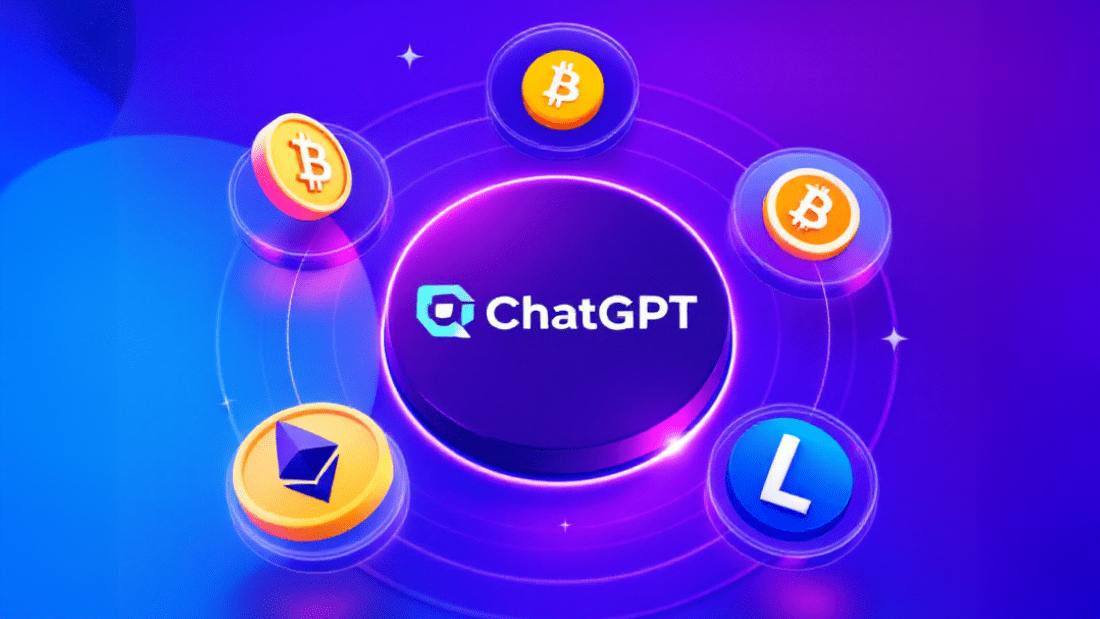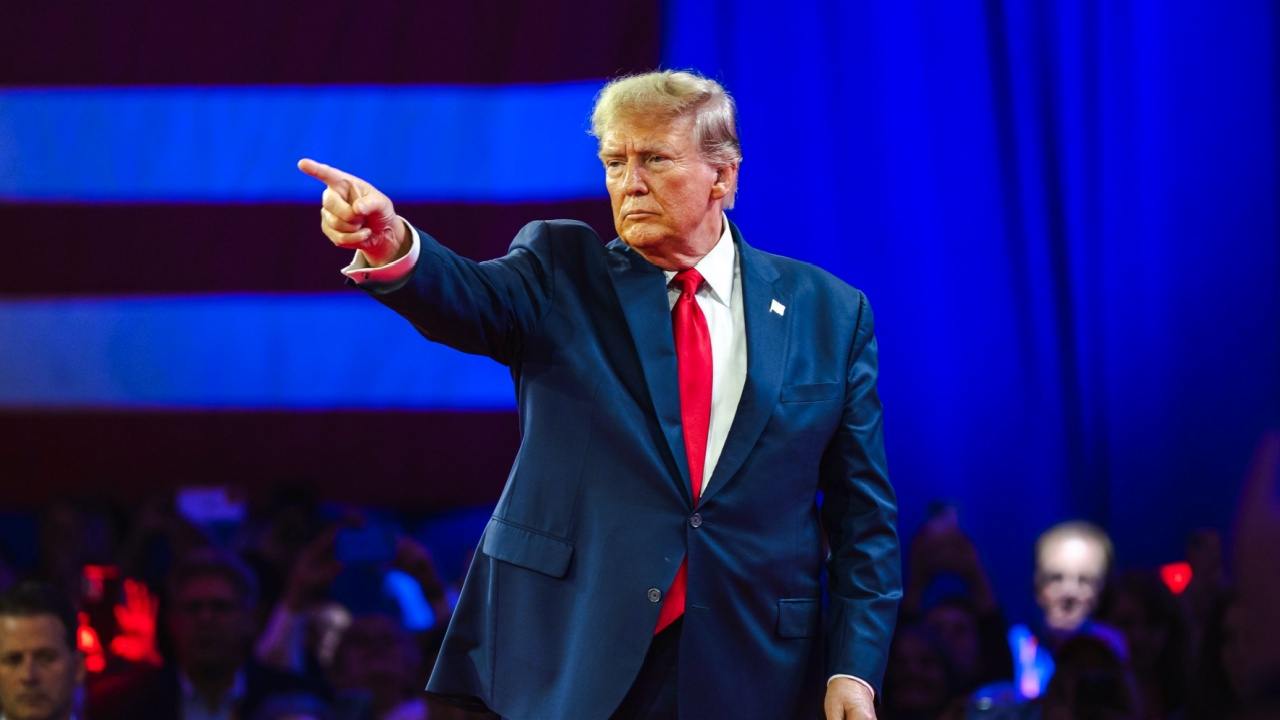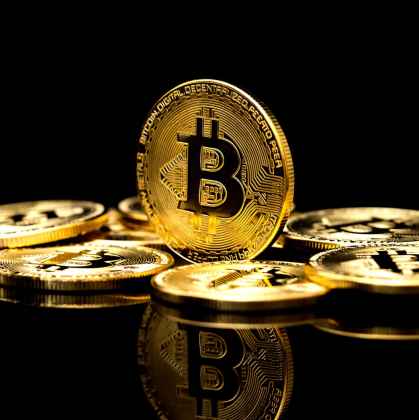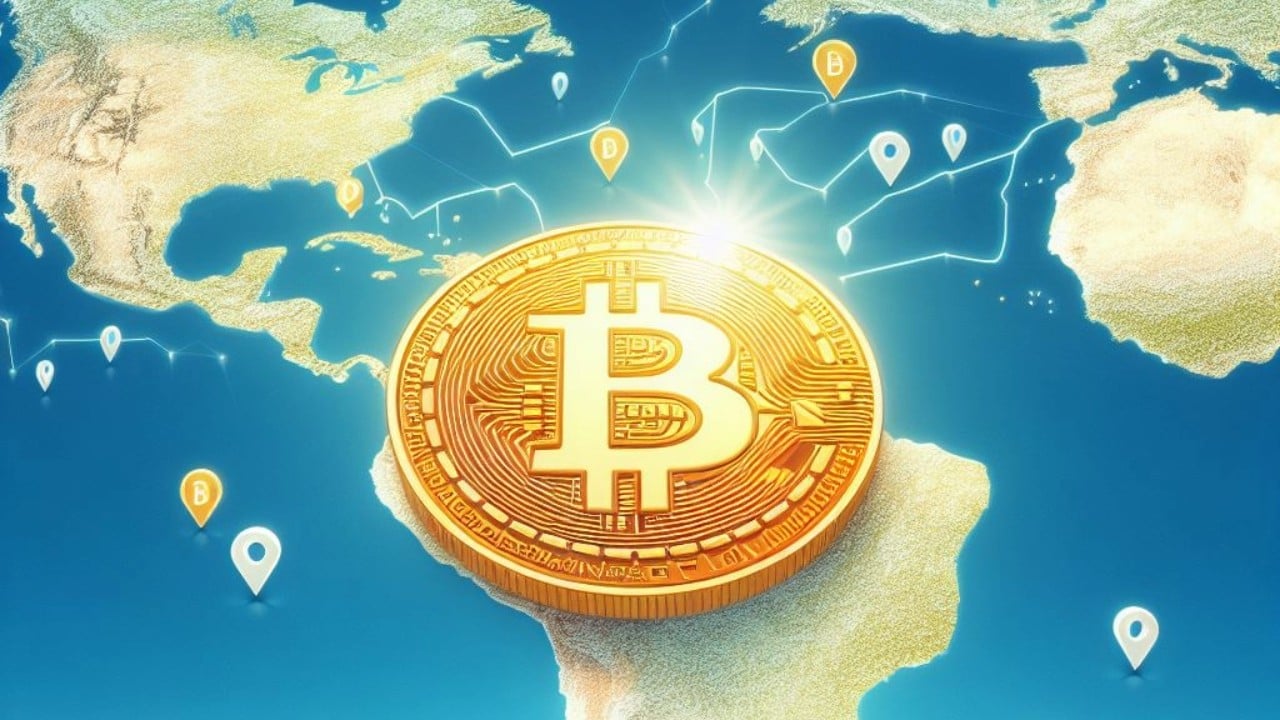Cardano Founder Says It’s ‘End Of The Line’, Reveals Next Steps For 2024
In a video update titled “End of the Line and the Next Steps for 2024,” Charles Hoskinson, founder of Cardano, delivered a sharp critique of the current political and economic system. His remarks come after his participation at the Salt Conference—an event positioned as a counter to the annual Jackson Hole meeting by central bankers […]
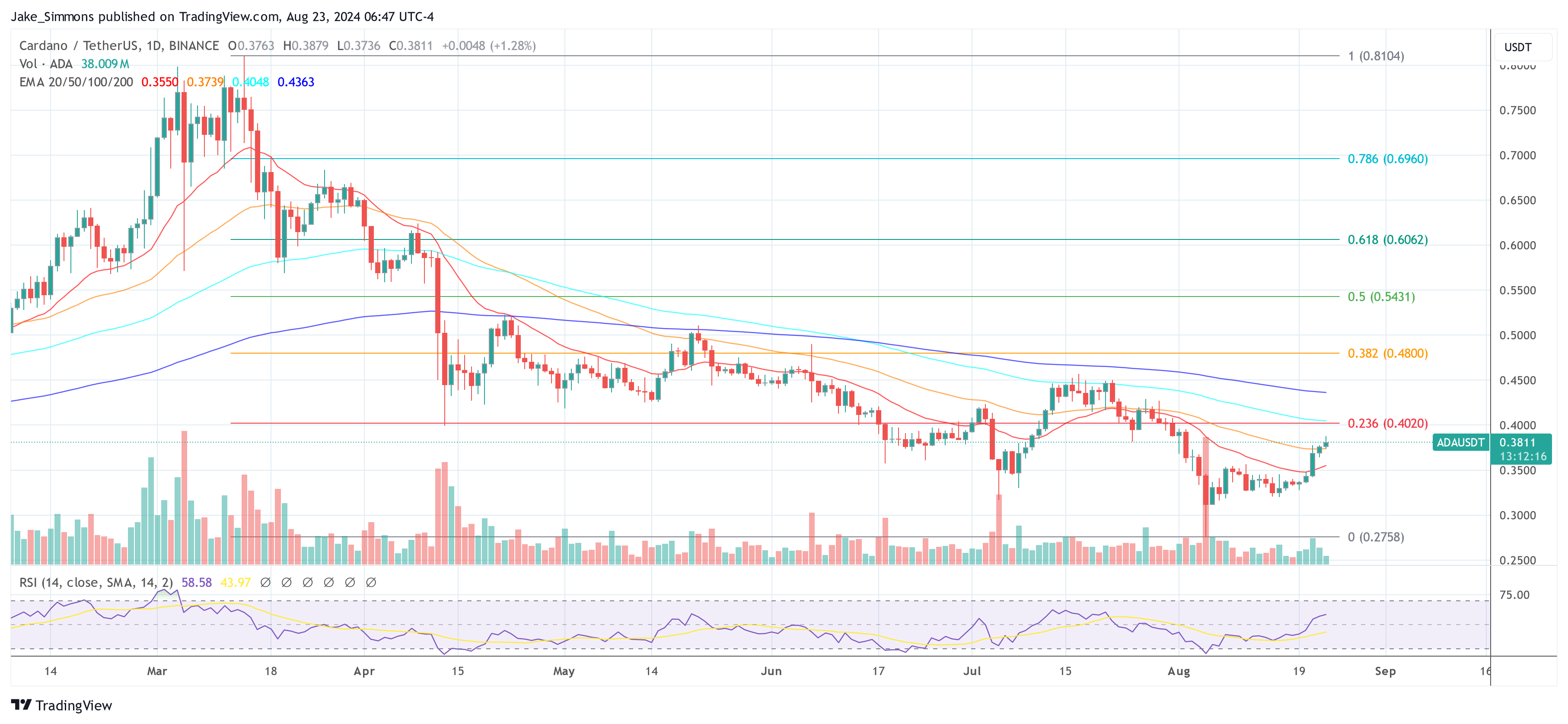
In a video update titled “End of the Line and the Next Steps for 2024,” Charles Hoskinson, founder of Cardano, delivered a sharp critique of the current political and economic system. His remarks come after his participation at the Salt Conference—an event positioned as a counter to the annual Jackson Hole meeting by central bankers from all around the world. Hoskinson expresses his deep dissatisfaction with the existing political environment and his proposals for a radically new direction involving decentralized governance and blockchain technology.
What The Cardano Founder Means With “End of the Line”
Opening his address, Hoskinson discussed the expected political developments involving his preferred presidential candidate Robert Kennedy Jr. who is likely to exit the race and endorse Donald Trump. This move, according to Hoskinson, symbolizes a deeper systemic issue within American politics, where strategic alliances often overshadow genuine ideological commitments. “
“[We are] potentially in the middle of a World War. That’s why this was a pretty important election and that’s why having a guy like RFK drop out tomorrow because of lawfare and an unfair and rigged system is so incredibly irritating and infuriating. I no longer believe that the United States of America can fix things through elections at the federal level,” Hoskinson said.
He then expanded on the failings of the current political landscape, criticizing the Democratic National Committee’s (DNC) efforts to obstruct third-party candidacies. He highlighted the DNC’s legal barriers that prevent these candidates from appearing on the ballot, undermining the democratic process. This manipulation, he argued, is a direct assault on democracy: “Numerous third-party candidates, RFK included, have been directly targeted by the DNC to prevent them from appearing on the ballot.”
The Cardano founder was particularly vociferous about the regulatory challenges facing the crypto industry, describing an effort to stifle innovation through aggressive lawfare. He cited specific actions such as the SEC’s broad regulatory measures against American exchanges and protocols, which he sees as a part of a larger, misguided crackdown on the crypto industry by the current administration. “Choke point 2.0 was a unique phenomenon of Biden, as is the SEC going after nearly every American Exchange and most of the layer one protocols in some way or another,” he explained.
Addressing the financial policies under the US Democrats, Hoskinson expressed grave concerns about Kamala Harris’s proposed capital gains tax on unrealized capital gains. He detailed the intrusive nature of such policies, which would require annual valuations of all personal assets and potentially force asset liquidation to cover tax liabilities. “What that means is the government will then have a legal right to know every single thing you own and every single year have accountants figure out if those things are more or less valuable,” he stated.
As an alternative, Hoskinson proposed a series of steps for 2024 aimed at reshaping governance through the principles of decentralization inherent to blockchain technology. He advocated for state-level initiatives to call for a constitutional convention, aiming to rewrite the rules of American governance to foster greater transparency and reduce centralized power. “Every state needs to change the way we vote, primaries work, and vote for a constitutional convention,” he urged, promoting a movement towards systemic reforms that mirror the decentralized, open-source ethos of blockchain.
Hoskinson’s vision extends to using Cardano’s technology to model these governance structures. In December, he plans to host a global assembly to draft a new constitution that could serve as a blueprint for decentralized governance. This effort, he hopes, will demonstrate the practical applications of blockchain technology in creating more equitable and transparent governance frameworks.
“So after we’re done with all this Cardano stuff and we have the full on-chain governance and I have some more time, I’m definitely in 2025 going to start an organization. It’s going to go state by state, work with other organizations that are looking into this and learn from the Cardano Constitution,” Hoskinson said.
Further elaborating on the technological and economic challenges ahead, the Cardano founder underscored the need for competent governance to manage emerging technologies such as crypto, artificial intelligence, quantum computing, and nanotechnology. He questioned the current and future administrations’ capabilities to wisely regulate and integrate these technologies without falling prey to corporate interests that could dominate these powerful new tools.
In conclusion, Hoskinson’s statement, “I will never vote for a Republican or a Democrat again. I’m only going to vote for independents,” encapsulates his profound disappointment with the traditional political process and his commitment to fostering change through innovation and decentralization.
At press time, Cardano traded at $0.3811.
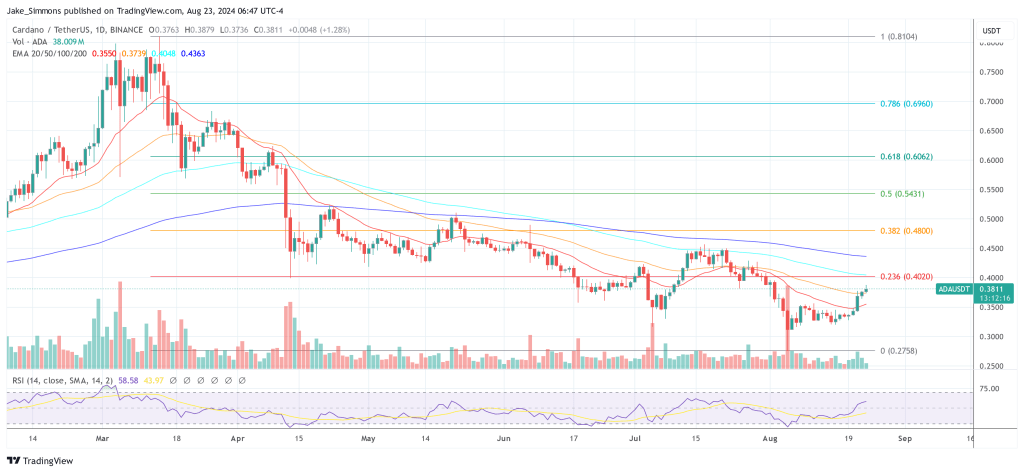
What's Your Reaction?










